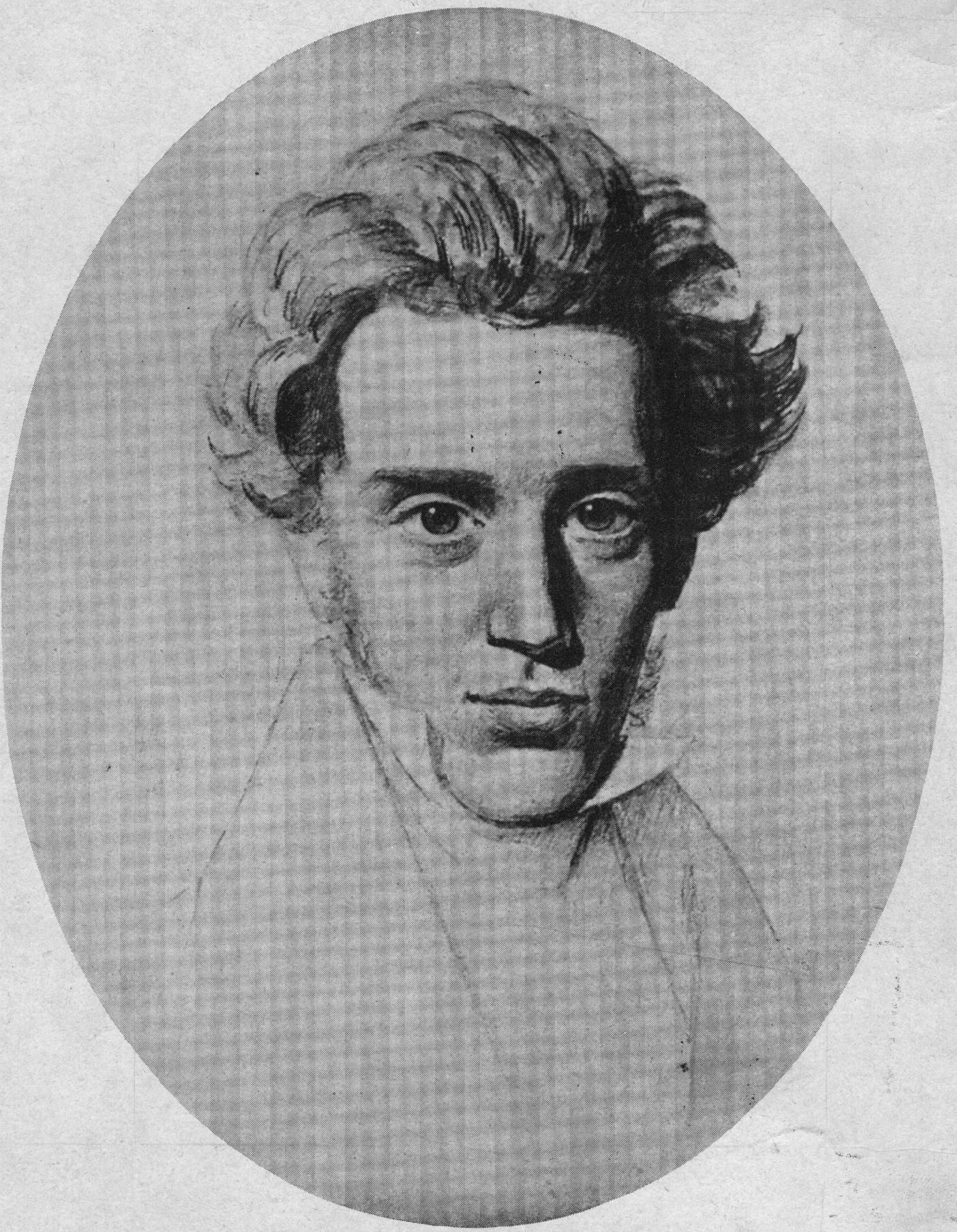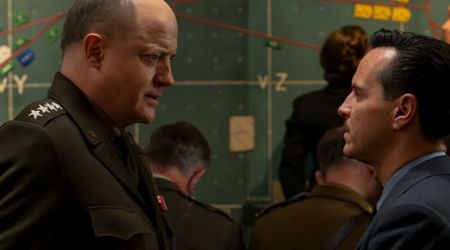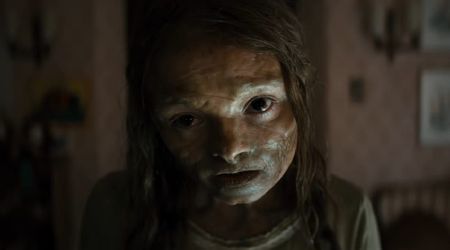'Palm Springs' Review: The Andy Samberg time-loop comedy tries to make sense of Kierkegaard's ideas

Spoilers for ‘Palm Springs’
“Life can only be understood backwards, but it must be lived forwards,” philosophized Søren Kierkegaard, a Danish thinker who is often known as the father of Existentialism. Kierkegaard’s ideas on anxiety, dread, death, the finite and the infinite, and surrendering oneself as a means of salvation in this chaotic universe are as relevant today as they were when he spoke about them in the mid-nineteenth century. And ‘Palm Springs’ is an embodiment of that.
The film written by Andy Siara and directed by Max Barbakow takes several of Kierkegaard’s philosophies and explains them through the hilariously absurd plot. Nyles, played by Andy Samberg, is a man stuck in November 9. At a wedding where his girlfriend is one of the bridesmaids, Nyles wakes up to the same day, every day. His existence in this time-loop (he’s been in it for too long to remember his past life to a certain degree) is a constant state of despair.
“A self is the last thing the world cares about and the most dangerous thing of all for a person to show signs of having. The greatest hazard of all, losing the self, can occur very quietly in the world, as if it were nothing at all. No other loss can occur so quietly; any other loss — an arm, a leg, five dollars, a wife etc — is sure to be noticed,” wrote Kierkegaard in his treatise ‘The Sickness Unto Death’. No one around Nyles noticed how much Nyles had lost himself. Even Nyles, very late into the film acknowledges it once. And how can he not? He lives the same day over and over again. But the world around him doesn’t change. Only he must continue with this knowledge. Only he has this cross to bear. Or maybe he doesn’t.
In one of his relivings of this day — the wedding day of Abe and Tala (Tyler Hoechlin and Camila Mendes) — something different happens. He manages to charm Tala’s elder sister Sarah (Cristin Milioti), and the two decide to get cozy in the middle of the desert. And just as things are getting heated up, a wild series of events take place (that makes total sense in the film’s universe) and Sarah enters a cave that emits a red glow, despite Nyles’ warning not to. And she too is now caught in this infinite time-loop.

The first half of the film is about Sarah getting acclimated to this existence; this glitch in the Matrix; this unfathomable purgatory. And soon, she embraces the chaos. She buys into the absurdism of all of it — that nothing has any meaning, and that the only way to ease this suffering in this purposeless, chaotic universe, is to numb yourself. But soon, Sarah finds herself deceased with a different kind of dread. That of accepting her past choices. That of living with something she alone knows. And it gets to her. She deserts Nyles, and goes on a quest to find out as much as she can about their universe, and figure out how to escape.
As per Kierkegaard, human beings are a synthesis of the infinite and finite. The infinite corresponds to possibility, to the capacity to envisage new thoughts and ideas, bring into existence new creations, change oneself, and choose from innumerable potentialities. The finite corresponds to actuality or necessity, to the concrete here and now, to one’s reality as a definite something in the world.
The film paints complex portraits of Sarah and Nyles with characteristics of the finite and the infinite. In the beginning, Nyles seemed like the embodiment of the infinite, but when Sarah finally finds a possible solution out of this time-loop, he is consumed with fear, reflecting the absorption of his finite self. In either case, Nyles reflects the aforementioned idea of losing himself — for the compulsion to completely absorb oneself in either is an abdication of the responsibility of being a self. In the words of Kierkegaard, “... too venturesome a thing to be himself, far easier and safer to be like the others, to become an imitation, a number, a cipher in the crowd.”
But it is Sarah who decides to be herself. She finds a way out and commits to it. In true Kierkegaard fashion, she surrenders herself to this idea, even knowing that the outcome may not be one that she hopes for; that the outcome may just be death.
‘Palm Springs’ in its 90-something-minute-run does not bite off more than it can chew. It may be a crude, rudimentary philosophy lesson sans all the jargon. But it works beautifully to explain Existentialism to those who would otherwise not pay attention to the musings of dead old men. It has a happy ending that may seem out of place, but it makes perfect sense, especially of Kierkegaard. They both took what he called a “leap of faith”.
‘Palm Springs’ is available for viewing on Hulu.










